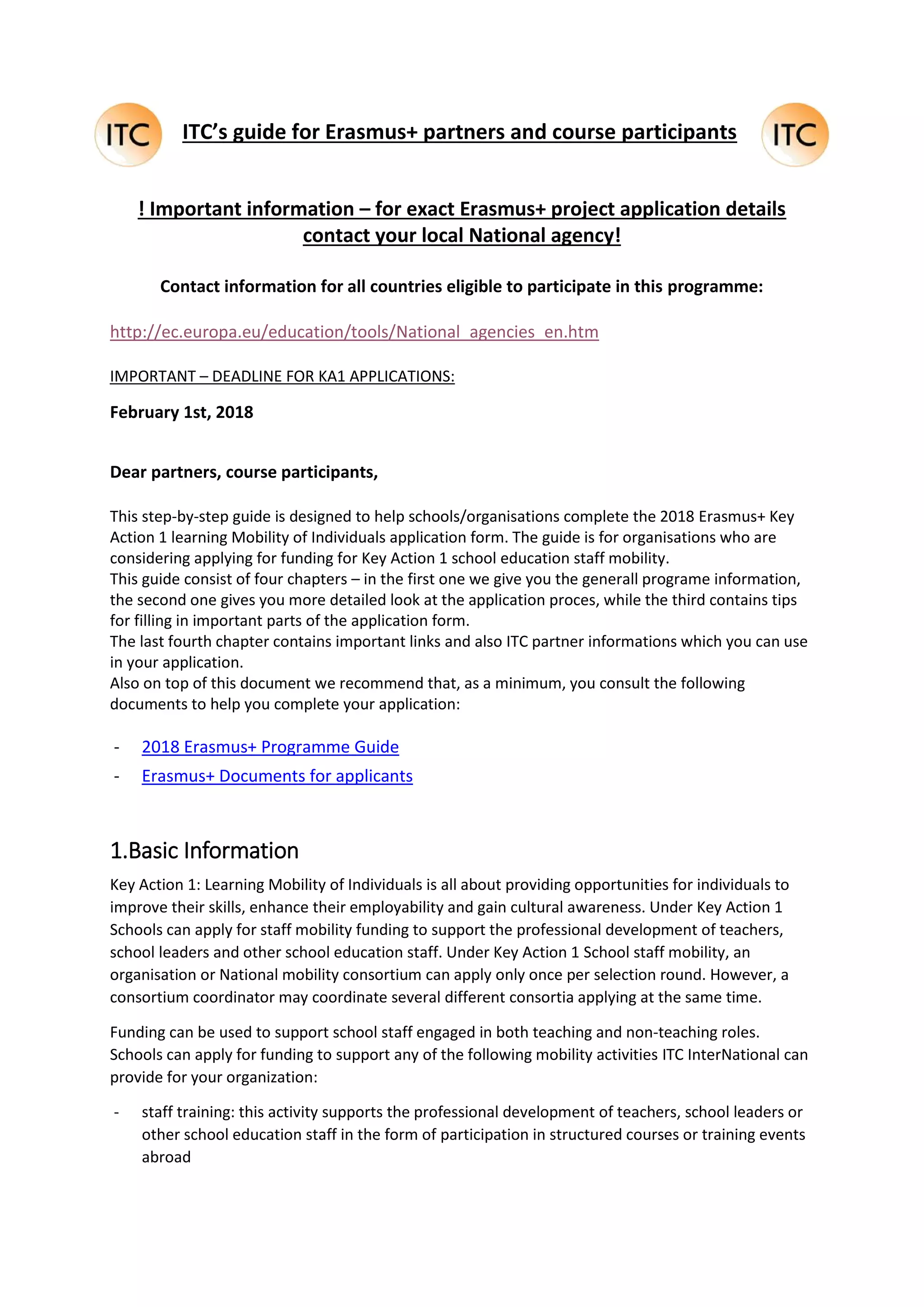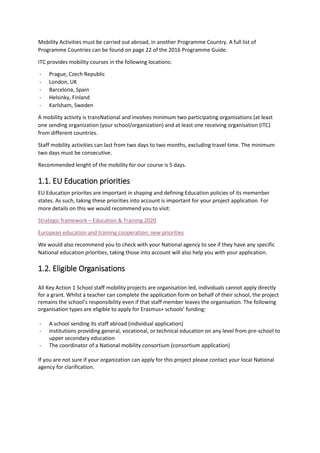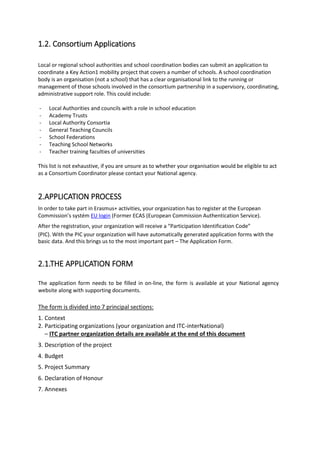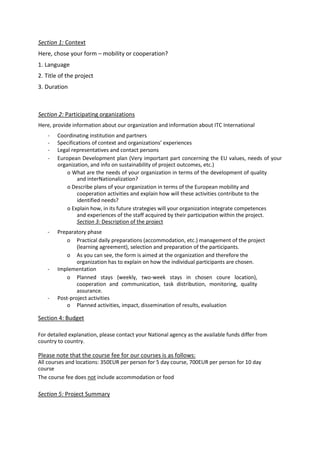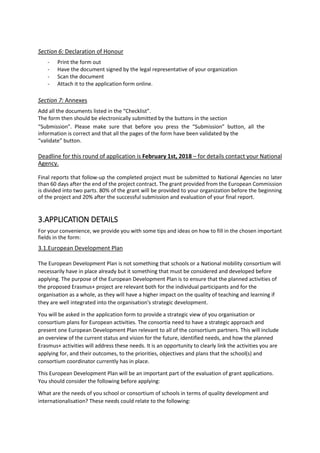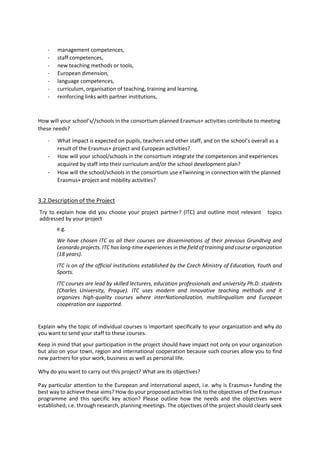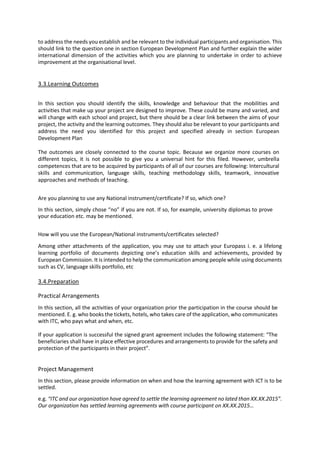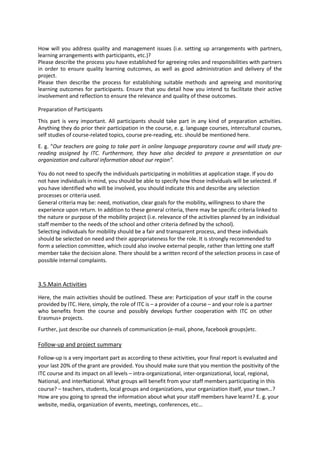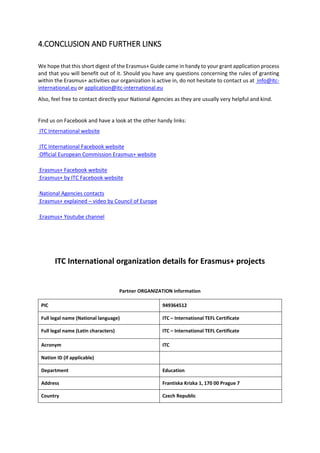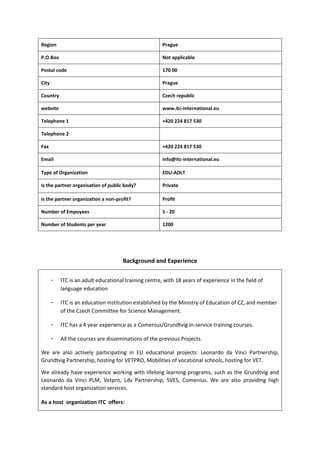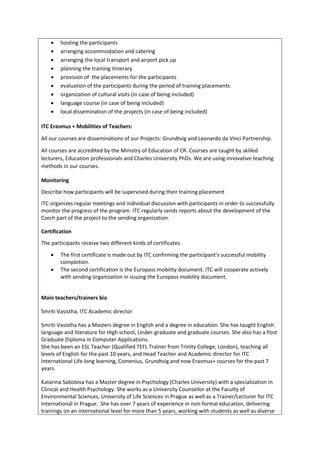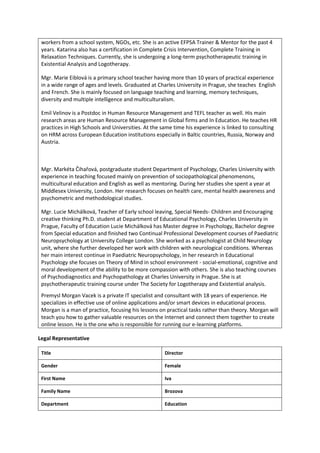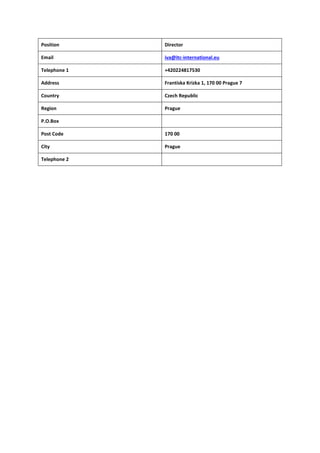This document provides guidance for completing an Erasmus+ funding application for staff mobility projects. It outlines the application process and important sections of the application form, including the European Development Plan, project description and activities, learning outcomes, and preparation of participants. The guidance recommends describing how the planned mobility will address the needs and strategic goals of the applicant organization and have a wider impact. It also provides tips for explaining the selection of the mobility provider organization and preparation activities for participants.
